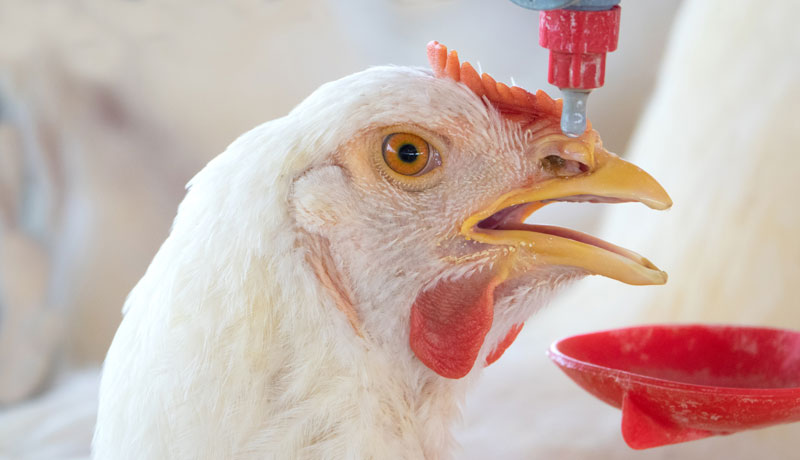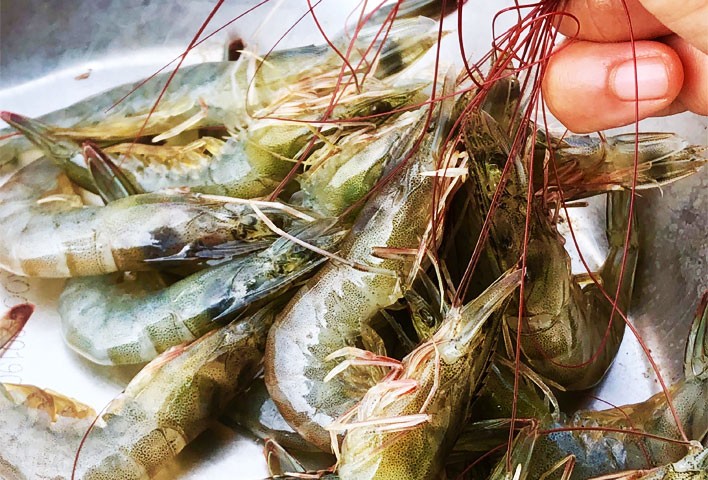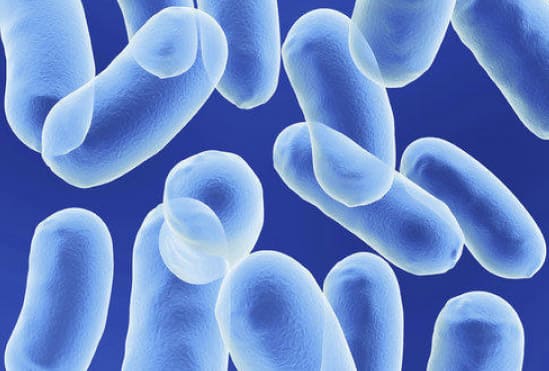In the dynamic world of poultry farming, maintaining optimal health is paramount to ensure productivity and profitability. However, challenges such as stress and gastrointestinal issues like diarrhoea can disrupt poultry well-being, impacting both bird performance and farm economics. Fortunately, the integration of probiotics offers a promising solution for addressing these concerns effectively. In this comprehensive guide, we delve into the role of Probiotics in alleviating stress and managing diarrhoea in poultry, exploring their mechanisms of action and highlighting their significance for sustainable poultry production.
Understanding Probiotics: Probiotics, often hailed as “good bacteria,” are live microorganisms that confer health benefits when consumed in adequate amounts. In poultry farming, Probiotics primarily comprise beneficial bacterial strains like Lactobacillus, Bifidobacterium and Bacillus species. These Probiotic bacteria play a pivotal role in promoting gut health, modulating immune function, and supporting overall well-being in poultry.
Stress and Its Impact on Poultry Health:
Stress is an unavoidable aspect of intensive poultry production arising from factors such as housing, environmental fluctuations, production & reproduction, infections, transportation and management practices. When poultry experience stress, it results in immunological or metabolic consequences such as:
- Regression of immune protective organs
- Reduction of the oxidative metabolic capacity of mitochondria
- Deficit of antioxidant reserves
- Changes in the activity of antioxidant enzymes
- Disruption of the gut mocrobiota
All these have a high adverse effect on the poultry bird leading to immune suppression, high susceptibility to infectious pathogens, loose droppings / diarrhoea, high FCR, decreased body weight, decreases egg production, soiled eggs, infertility / low egg hatchability and finally low ROI.
Physiological stress in particular to laying hens & breeder females is a major cause of concern, when they are turning from pre-lay to peak-lay. Physiological stress during this stage is due to rapidly developing ovaries & fallopian tubes along with an Estrogen surge. This increases nutritional requirement causing a burden on the digestive system. Because the Gut-Brain Axis takes a beating, immunity is hampered, pathogenic invasion & proliferation is rampant causing imbalance of intestinal flora which manifests to diarrhoea / loose droppings, vent pasting and soiled eggs.
Role of Probiotics in Stress Alleviation for poultry:
Probiotics offer a multifaceted approach to mitigating the negative effects of stress on poultry health. Through various mechanisms, Probiotics help modulate the stress response and enhance resilience in birds. Probiotic strains have been shown to downregulate the production of stress hormones and promoting a calmer physiological state in poultry. Additionally, Probiotics bolster gut health by strengthening the intestinal barrier and regulating immune function, thereby supporting birds in coping with stressors more effectively.
Managing Diarrhoea in Poultry:
Diarrhoea is a prevalent gastrointestinal ailment in poultry, characterized by loose or watery faeces and associated symptoms like dehydration and reduced feed intake. The causes of diarrhoea in poultry are diverse, ranging from infectious agents to dietary factors and stress. Regardless of the underlying cause, diarrhoea poses significant challenges to poultry health and farm profitability.
The Role of Probiotics in Diarrhoea Management:
Probiotics play a crucial role in managing diarrhoea in poultry by promoting gastrointestinal health and combating pathogenic bacteria. Unlike conventional antibiotics, which indiscriminately kill both harmful and beneficial bacteria, further impairing gut microbiota thereby hampering immunity and production. Probiotics target pathogens while preserving & nurturing the beneficial microflora in the gut. Probiotic bacteria outcompete pathogenic organisms for resources and adhesion sites in the intestinal mucosa, thereby reducing their colonization and proliferation. Moreover, Probiotic strains produce antimicrobial compounds like bacteriocins which inhibit the growth of pathogens contributing to diarrhoea resolution and prevention.
Choosing the Right Probiotic Strains
Selecting the appropriate Probiotic strains is paramount for achieving desired outcomes in poultry production. When choosing Probiotics for stress alleviation and diarrhoea management, factors such as strain specificity, viability, and compatibility with existing management practices must be considered. It’s essential to opt for Probiotic strains that have been scientifically validated for their efficacy in poultry health. Consulting with poultry health experts, nutritionists and veterinarians can aid in selecting the most suitable Probiotic strains for addressing specific health challenges in poultry flocks.
Applications of Probiotics in Poultry Farming:
Probiotics can be conveniently administered to poultry through various routes including feed and water. Incorporating probiotics into feed formulations is a common and effective method of delivery, ensuring consistent dosing and maximum efficacy. Probiotic supplements can also be added to drinking water. Regardless of the administration route, adherence to recommended dosage guidelines and proper storage practices is essential to maintain Probiotic viability and efficacy.
Sporich ResQ is a Probiotic formulation developed by SANZYME BIOLOGICS aimed at addressing poultry diarrhoea due to pathogens, stress, physiological or of unknown etiology. Sporich ResQ contains beneficial microorganisms – Bacillus coagulans (SAN 135BC) and Saccharomyces boulardii (SAN 158SB), which play a vital role in maintaining the balance of gut microbiota in poultry. Both Bacillus coagulans (SAN 135BC) and Saccharomyces boulardii (SAN 158SB) have been documented to specifically act in:
- Stimulating the immune system
- Synthesising different antimicrobial bacteriocins to inhibit pathogens
- Producing enzyme metabolites to improve nutrient digestion and absorption
- Modulating and colonizing the gut with beneficial microbes
Thus promoting a healthy gut environment, reducing stress and improving production parameters.
Sporich ResQ acts by:
- Restoration of Gut Microflora Balance: Diarrhoea often occurs due to disruptions in the gut microbiota, such as the overgrowth of pathogenic bacteria. Sporich ResQ helps restore the balance of gut microflora by promoting the growth of beneficial bacteria, such as Lactobacillus and Bifidobacterium, which can outcompete harmful bacteria by reducing microbial count of Clostridium perfringens in both jejunum and ileum, thus controlling associated diarrhoea.
- Reduction of Antibiotic Usage: In many cases, antibiotics have been traditionally used to manage diarrhoea in poultry. However, overuse of antibiotics can lead to the development of Antibiotic-Resistant Bacteria which pose risks to human health. Sporich ResQ offers a natural alternative to antibiotics, reducing the reliance on antimicrobial agents in poultry farming.
- Enhanced Nutrient Absorption: Diarrhoea can lead to malabsorption of nutrients in poultry, resulting in poor growth and performance. Sporich ResQ restores Villi Height & Crypt Depth, thus facilitating better nutrient absorption, allowing poultry birds to utilize feed more efficiently and support optimal growth.
- Improved Flock Health and Performance: Ultimately, the use of Sporich ResQ leads to improved overall flock health and performance. By reducing the incidence and severity of diarrhoea, poultry farmers can expect healthier birds, good & clean eggs, better growth rates, FCR’s and overall profitability.
- Reducing the Risk of AMR: Both Bacillus coagulans (SAN 135BC) and Saccharomyces boulardii (SAN 158SB) – the Probiotic strains in Sporich ResQ have been tested for AMR Genes and have been documented as AMR Gene Negative. This goes a long way in Sporich ResQ being a potential candidate for reducing the risk of AMR which is posing a serious threat to humanity.
About SANZYME BIOLOGICS: A pioneer in fermentation technology with over 50 years of legacy in the area of Probiotics, SANZYME BIOLOGICS was founded as Uni-Sankyo in the year 1969 – a joint venture with Diachi Sankyo of Japan. SANZYME BIOLOGICS was the first company to manufacture and sell Probiotics & Enzymes in India and is today a market leader with presence in over 40 countries across the globe.
SANZYME BIOLOGICS manufactures proprietary Probiotic strains, Probiotic blends, enzymes and nutritional ingredients for humans, pets and farm animals in its state-of-the-art manufacturing facility in Hyderabad, India with fermentation capacity of over 350,000 L (one of the highest in the world).
SANZYME BIOLOGICS is certified FAMI-QS, NON-GMO, NSF, HALAL, KOSHER & ISO, producing a wide range of spore forming, shelf and process stable Probiotic strains. In Animal Health SANZYME BIOLOGICS exports AMR Gene Free Probiotic strains of Bacillus subtilis (SAN 144BS), Bacillus coagulans (SAN 135BC), Bacillus licheniformis (SAN 136BL) & Saccharomyces boulardii (SAN 158SB) and also specific formulations containing these Probiotic strains





